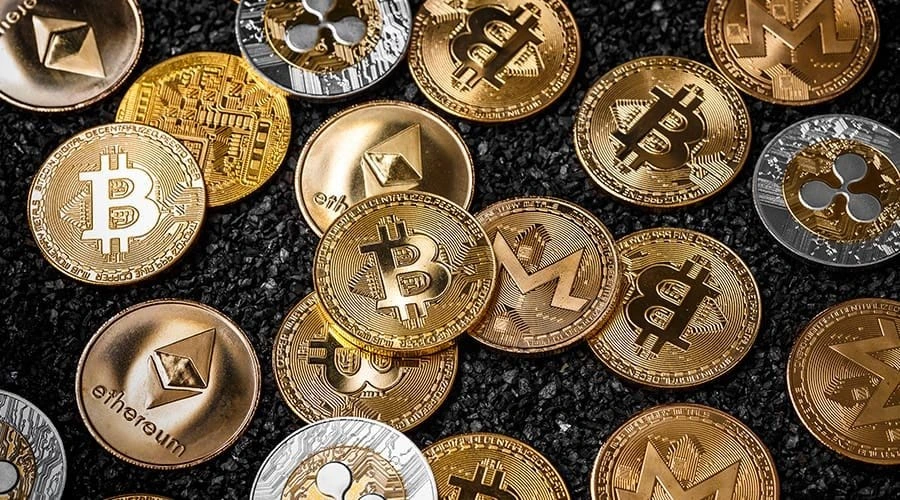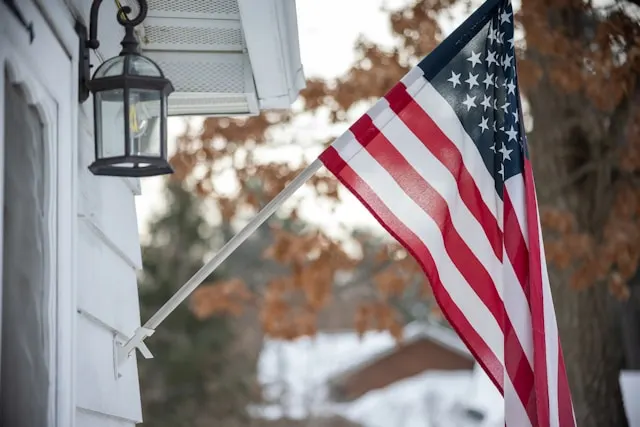PROTECT YOUR DNA WITH QUANTUM TECHNOLOGY
Orgo-Life the new way to the future Advertising by AdpathwayBraskem, Brazil’s biggest petrochemical company, is making a major change in how it makes plastics and chemicals. The company plans to triple its use of ethane—a gas that’s cheaper than oil-based naphtha—at its main plants in Bahia and Rio Grande do Sul.
Right now, ethane makes up 10% of what Braskem uses at its Bahia plant. The company wants to raise that to 30% in the next three years, which means importing about 20,000 barrels of ethane a day for Bahia and 15,000 barrels a day for the southern plant.
Braskem already brings in ethane from the United States, since Brazil does not produce enough of it. The company is spending over $300 million on six new ships to carry ethane and naphtha from North America.
Each ship can hold up to 55,000 tons. The first ship is already running, and the rest will arrive by 2028. Braskem is also upgrading its ports and pipelines in Bahia to handle more of this gas.
Shipping ethane from the US costs about $300 per ton, which eats into some of the savings over naphtha but still leaves ethane as the cheaper choice.
 Braskem Slashes Costs with U.S. Ethane Imports. (Photo Internet reproduction)
Braskem Slashes Costs with U.S. Ethane Imports. (Photo Internet reproduction)Braskem Eyes Ethane Supply to Cut Costs and Boost Local Industry
Braskem is also counting on Petrobras, Brazil’s state oil company, to supply more ethane from new gas fields in the Sergipe-Alagoas region. If that doesn’t happen, Braskem may turn to Argentina for extra supply.
This shift matters for several reasons. Using more ethane helps Braskem lower costs and stay competitive against foreign companies, especially as the global market is flooded with cheap plastics from the US and China.
It also reduces Brazil’s dependence on oil imports and gives the country more control over its chemical industry. Ethane, when made from natural gas, can also be less polluting than naphtha, which fits Braskem’s goal to be more sustainable.
Braskem’s move is a practical response to tough market conditions. The company is not waiting for Brazil to catch up in ethane production but is building its own supply chain and making long-term deals with US suppliers.
This approach could help keep prices stable for everyday plastic products, protect jobs, and support Brazil’s industrial base. The details and figures in this story come from official company statements and public records.


 1 week ago
6
1 week ago
6










 English (US) ·
English (US) ·  French (CA) ·
French (CA) ·  French (FR) ·
French (FR) ·